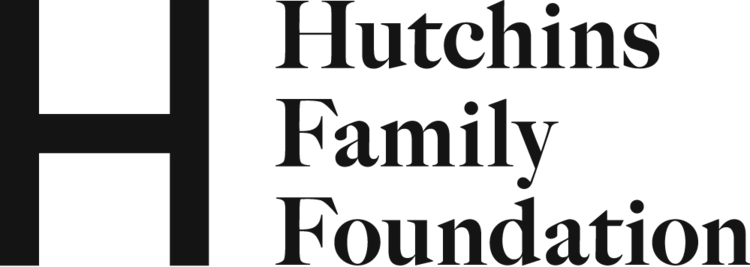Education
Our approach to education has been to support world-class research in African and African American studies, to revitalize undergraduate residential life and learning, to promote excellence in high school math and science and to bring the work of the academy to the public square.
Current projects include:
The Hutchins Center for African & African American Research supports research on the history and culture of people of African descent the world over and provides a forum for collaboration and the ongoing exchange of ideas. It seeks to stimulate scholarly engagement in African and African American studies both at Harvard and beyond and to increase public awareness and understanding of this vital field of study.
+ Read more
As the preeminent research center in the field, the Hutchins Center sponsors visiting fellows, art exhibitions, publications, research projects, archives, readings, conferences and new media initiatives that respond to and excite interest in established and emerging channels of inquiry in African and African American research.
The Hutchins Center also bestows the W.E.B. DuBois Medal for distinguished contribution to African and African American history and culture in an annual ceremony known as the Hutchins Center Honors. Recent honorees have included the civil rights hero Rep. John Lewis, Supreme Court Justice Sonia Sotomayor and cultural icons Oprah Winfrey, Steven Spielberg and Shonda Rhimes. Information on the Hutchins Center Honors can be found here.
The Hutchins Center is directed by Henry Louis Gates, Jr. with the assistance of its Executive Director, Abby Wolf. Mr. Hutchins serves as its Chairman.
Watch Henry Louis Gates, Jr. in a new four-hour series Black America Since MLK: And Still I Rise on PBS.
- Less
The Veterans Posse Initiative seeks to increase the attendance and graduation rates of veterans at the most selective colleges and universities. The Posse Foundation identifies veterans who can excel academically, organizes them into cohorts ("Posses"), prepares them for the college experience and supports them through graduation.
+ Read more
Vassar College is the first institution to partner with the Posse Foundation on this program. The HFF made a donation to help Vassar guarantee full tuition—by supplementing GI Bill and Yellow Ribbon funding—to every veteran student selected.
- Less
The Hutchins Scholars Program at Lawrenceville recognizes and supports the school's most outstanding science and math students. This program provides Scholars with substantive research experiences and prepares them for leading university science programs with the goal of inspiring them to pursue science and technology-related careers.
+ Read more
Hutchins Scholars participate in summer research seminars and enrichment experiences during the summers before their junior juniors, they enroll in a research science class, which prepares them to conduct independent research and to compete in national science competitions. This enables students to deepen their understanding of scientific research based on practical real-world experience, while allowing them the ability to explore their passion for science outside of the classroom.
Mr. Hutchins is a Trustee Emeritus of the Lawrenceville School.
- Less
As part of an effort to offer the world's best undergraduate experience, Harvard has undertaken a number of initiatives to enhance student life, notably the renovation of its undergraduate houses. The Hutchins Family Challenge Fund for House Renewal awards matching gifts and naming opportunities to donors interested in supporting the revitalization of Harvard’s housing system.
+ Read more
This gift illustrates the Hutchins family’s belief in the fundamental role of what Harvard calls "House life" in the undergraduate experience, and the need to renew the Houses to better support 21st Century teaching and learning models.
Mr. Hutchins serves as a co-chair of the capital campaigns for both Harvard University and Harvard's Faculty of Arts and Sciences (which includes Harvard College).
- Less
Computer Science for All (CS4All) is an initiative to provide high-quality computer science learning opportunities to every student in the New York City public school system. The centerpiece of the initiative is the training of 4.775 teachers who will by 2025 bring computer science to more than 245,000 students each year, thus ensuring that all 1.1 million students receive computer science instruction at least once during elementary, middle, and high school. This program will be a model for the scaling of computer science in major urban areas that will ensure equity and quality in program delivery and promote diversity in technology education and careers.
+ Read more
Today only one in ten high schools in the United States offers computer science instruction. In New York City, fewer than 5% of 1.1 million public school students currently have an opportunity to learn computer science. By embedding robust computer science education in all NYC public schools by 2025, CS4All will provide students with the computational thinking, problem-solving, creativity, and critical-thinking skills necessary for success in college and careers.
The Hutchins Family Foundation joined several other foundations and businesses to commit $20 million of private funding for the program.
- Less





